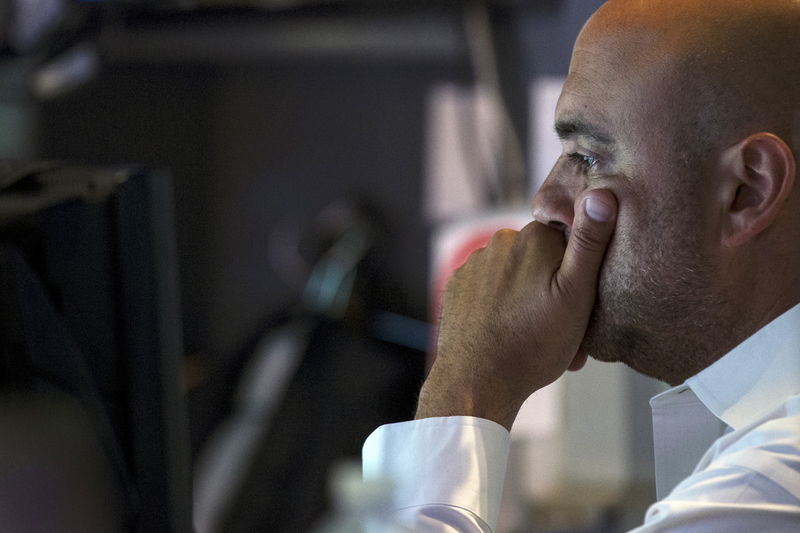Australia's inflation rate fell to its lowest level in three years in August, largely due to government energy rebates, but the Reserve Bank of Australia (RBA) is expected to overlook the temporary decline.
The Australian Bureau of Statistics (ABS) reported annual headline inflation at 2.7% for August, down from 3.5% in July and within the RBA’s target range of 2% to 3% for the first time since October 2021.
However, the RBA’s preferred inflation measure — trimmed mean inflation, which excludes volatile price movements — remained at 3.4% over the year to August, down from 3.8% in July. The RBA expects this measure to remain above its target until late 2025.
Energy rebates were the primary driver behind the inflation drop, with households across Australia receiving a A$75 rebate in August, leading to a 17.9% reduction in electricity prices. A 2% decrease in petrol prices also contributed to the lower inflation figure.
RBA Governor Michele Bullock, who kept the cash rate steady at 4.35% on Tuesday, expressed caution, stating, “If tomorrow we get an inflation number with a two in front of it, so it’s back in the band, that doesn’t mean that we’ve got inflation under control.”
RBA projections indicate that headline inflation will briefly stay within the target range before rising to 3.7% by next year due to the expiry of government support, with a gradual return to the target by December 2026.
